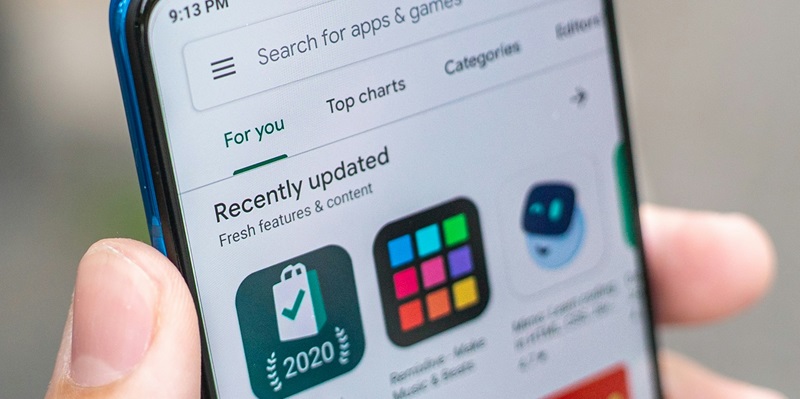Google has recently ramped up its efforts to improve the security and privacy of its Play Store ecosystem. The tech giant rejected over 2.3 million app submissions last year for failing to meet privacy standards. These apps were linked to various malicious activities, including the potential for malware distribution. Further ensuring the safety of its users, Google banned more than 333,000 developer accounts tied to criminal behavior, highlighting severe privacy violations.
As part of its comprehensive approach to mitigate risks, Google didn’t stop at just rejecting apps. It conducted a thorough review of sensitive permissions, which led to the refusal of an additional 200,000 apps. This action demonstrates Google’s commitment to upholding strict privacy guidelines and preventing the misuse of user data.
Strengthening Privacy Amid Persistent Concerns
Despite these assertive actions, concerns over user privacy persist. Investigations have uncovered that some apps, which appear legitimate on the surface, still establish connections with servers situated in countries notorious for privacy infringements, such as China and Russia. This raises red flags about the potential for ongoing privacy risks even within apps that have passed initial screening processes.
To combat this, Google has not only collaborated with SDK providers to limit data access but has also implemented a security label audit specifically for VPN applications. This label certifies the reliability and credibility of VPN services offered in the Play Store, providing users with added assurance. These measures are part of a broader industry move toward increased transparency and responsibility, highlighting the continuous challenges tech companies face in fostering a secure digital environment.

